Kids don't learn about peace by singing about it. Kids learn peace skills by having problems.
My mentor Jan Waters taught me that. Kids also don't learn peace skills by coloring "Friends" handouts or by signing their names at the bottom of school "no bullying policy" forms. It's more complicated than that. Learning strong social and communication skills is a process. It involves boundary setting, empathy, courage, problem-solving, emotional acceptance and positive assertiveness.
Simply put, peace takes practice. It's conflict that gives kids the opportunity to practice.
Sometimes we focus our efforts on preventing conflicts from happening. But kids desperately need to encounter meaningful conflicts during their day. (Ex: he's got the green marble - I want it!). Here's why your child benefits from conflict:
Face conflicts directly Teaching children conflict mediation means they understand they have to speak directly to the person they have the problem with. Hollering "mom!" or "teacher!" isn't going to solve their problem. A supportive adult can be by their side to offer guidance and moral support, but kids need to learn early on that they must face the other child directly. That's the beginning of solving conflicts.
Cope with negative emotions Conflicts bring out rage, jealousy, frustration, sorrow, all sorts of negative, hard-to-take emotions. That's what's so wonderful. Children need practice understanding and processing these difficult emotions. Knowing how to express anger appropriately is an enormous life lesson for every one us.
See things from another perspective The process of conflict mediation involves deep listening. What does the other person think happened? Could there be another point of view? The ability to see things from another perspective ("I didn't like it when you knocked over my tower.") is part of how moral development unfolds.
Make courage a habit Dealing with conflicts instead of dodging them can become a habit, especially if we start young. Face it, speaking up and expressing the wrong you feel can take a lot of courage. Practicing this courage regularly makes it easier.
Know when to speak up This is a fundamental part of learning about conflict. Recognizing when we feel wronged, hurt, slighted or simply icky about something. "Did you like what she did? No? Well, tell her!" Kids need conflict to understand when they don't like something and when to speak up and put a stop to someone else's behavior. Kids who feel confident about speaking up when they don't like something are also more apt to speak up on behalf of a friend.
Peace isn't the absence of conflict. Peace is the respectful resolution of conflict.
Conflicts are part of the daily life of being human. So the next time a conflict comes up, do your best to view it as an opportunity. An opportunity to practice peace skills, the important work of conflict mediation.
Want more about risk, conflict, guiding better communication skills and developing self-confidence? Join this free international telesummit on raising strong kids. Starts Monday, October 21. Register now so you don't miss it.
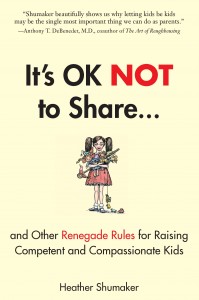 Unsure how to go about guiding your child? Ideas for expressing wild emotions and Ten steps for Conflict Mediation for Kids are just part of the book It's OK NOT to Share.
Unsure how to go about guiding your child? Ideas for expressing wild emotions and Ten steps for Conflict Mediation for Kids are just part of the book It's OK NOT to Share.
Are you a conflict dodger or a conflict welcomer? Do you think it would have been easier if you had experienced plentiful conflict mediation practice as a child?

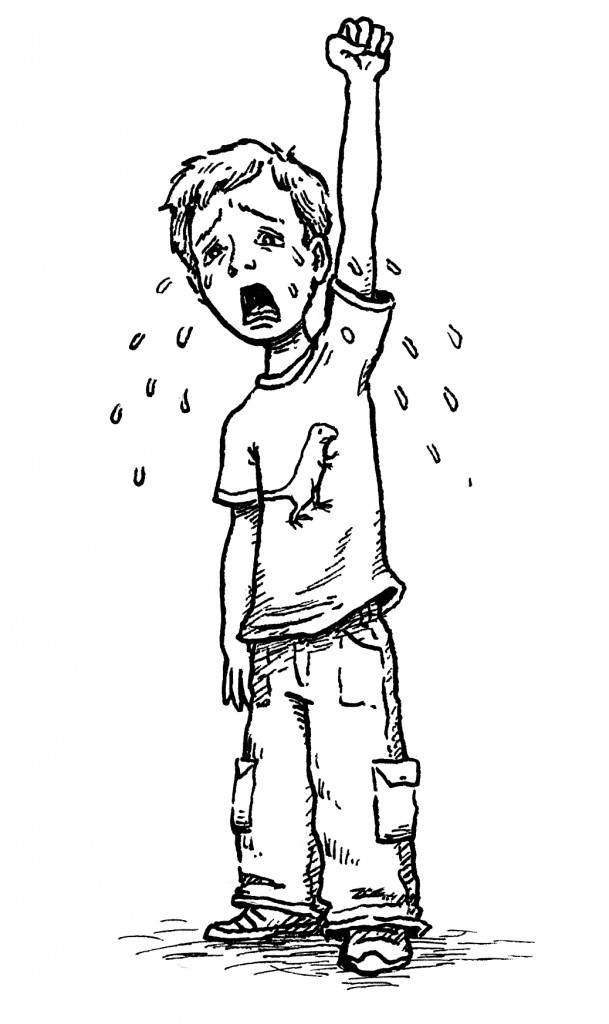
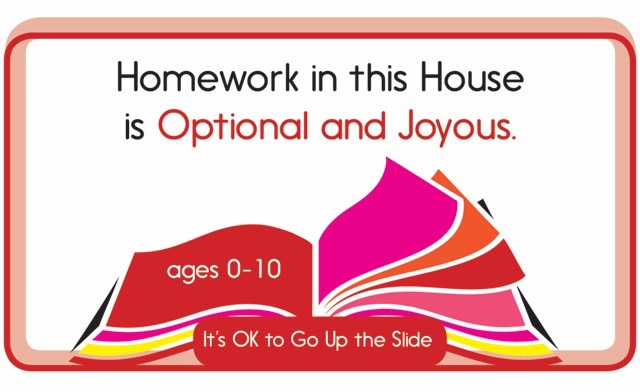
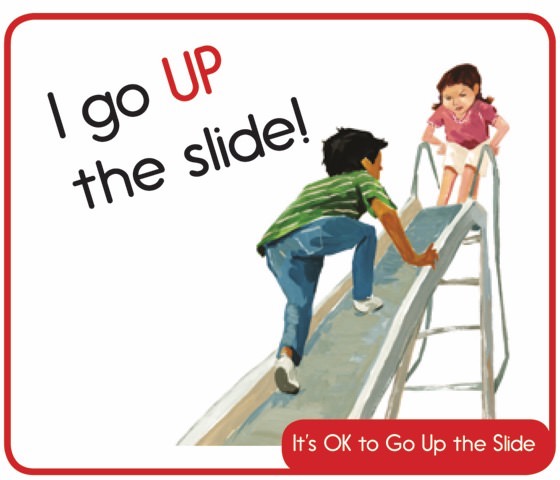
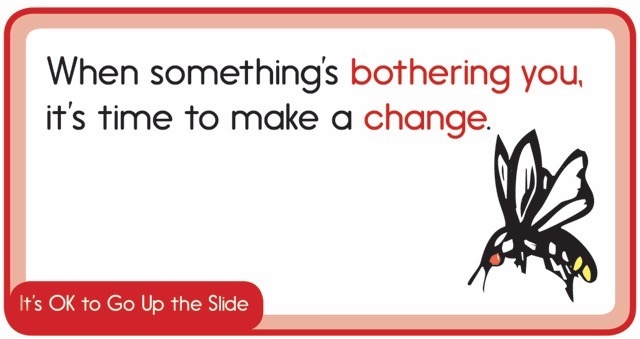
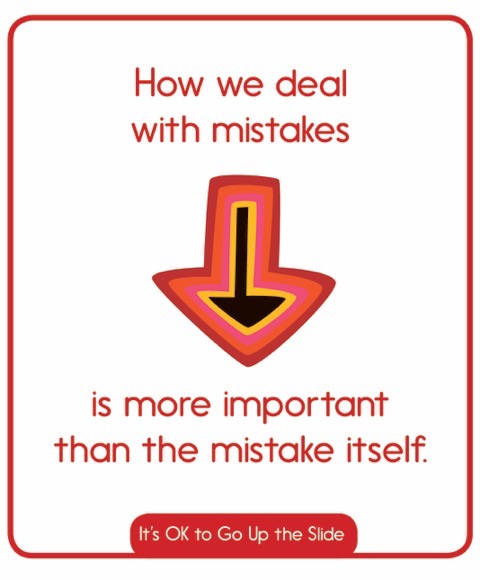
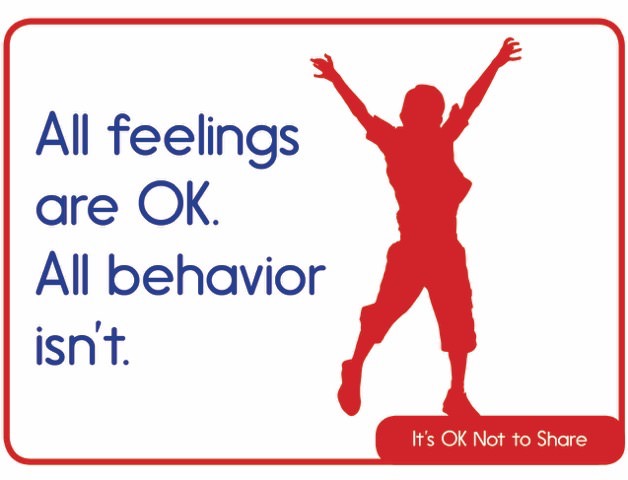
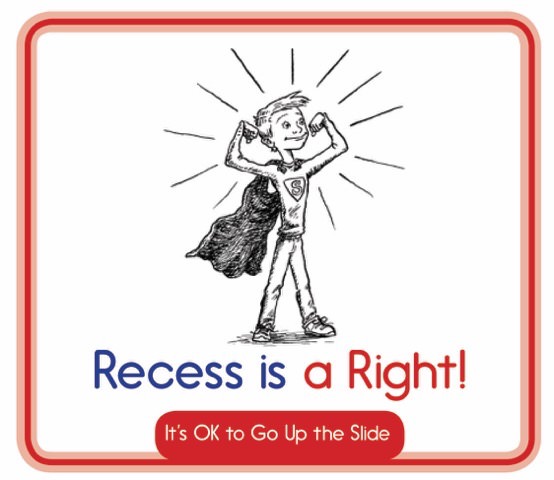
I like to think of myself as a conflict welcomer but my husband is definitely a conflict dodger! I sometimes wonder what it will be like when we have children of our own.
I always appreciate your perspective and the insight you bring to working with young people!
Many thanks,
Emily
http://www.livingequalslearning.com/
Sometimes helping young kids through a conflict can help us adults learn to face our own conflicts, rather than dodging them. It's really the same steps - no matter what the age. My hope is that your family will gain courage in the conflict department as you model the steps for kids. A rising tide lifts all boats!
Heather, I am loving your book. Thanks ever so much.
Sue
Thanks for your kind words. So glad to hear it helps.
[...] Kids Need Conflict [...]
Heather, I just wanted to say thank you for your input about the subject. I have read so many books about parenting and disappointingly, most of them recommend to ignore bickering, tattling, or any sort of argument between kids, unless of course one is in a danger. Of course, it is the easy option, but is it really the way froward? So far your book is the only one I have read to recommend conflict mediation and explain how it works. I was delighted to see that Dr Laura Markham had an interview with you. I certainly hope to see more people talk about your work 🙂
Celine, thanks for your kind words and so glad you've found the book helpful for conflict mediation. Some people like the law of the jungle, but like you, I think we can do better. Thanks for sharing your thoughts and stopping by!